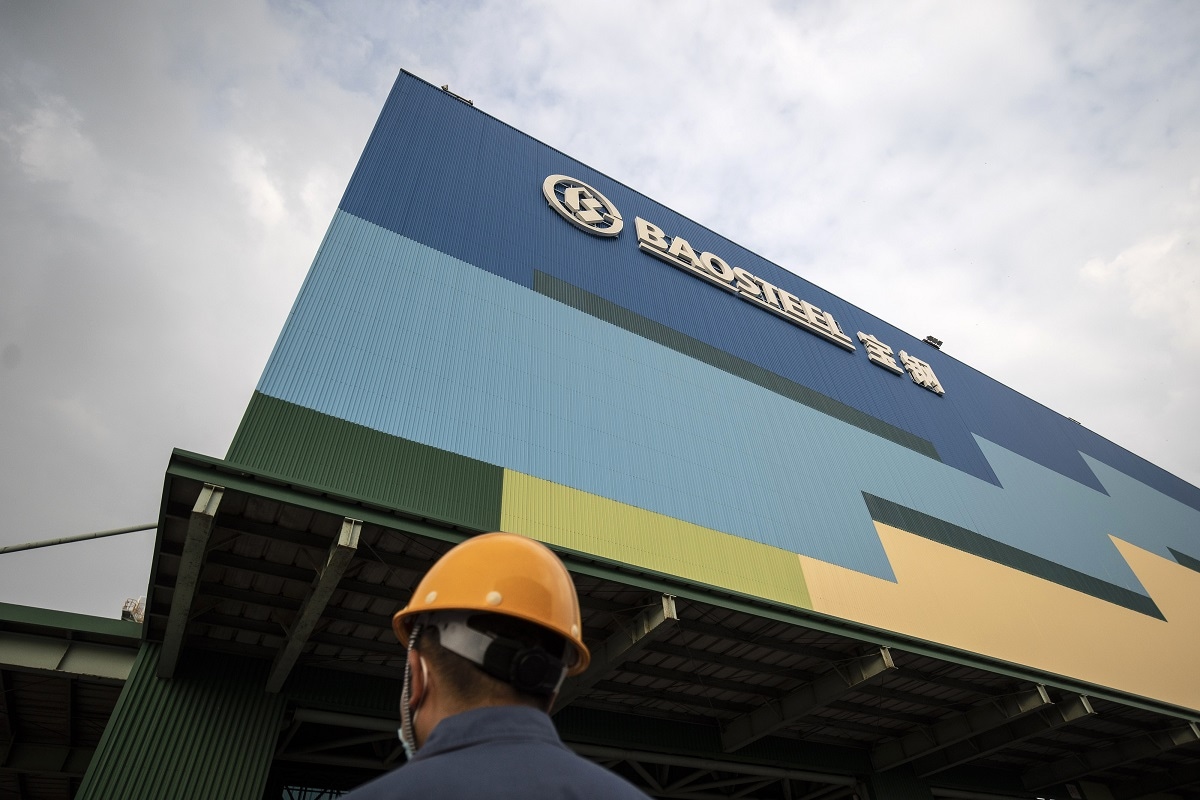Guns AND butter
It took a Second World War general-turned-president in Dwight Eisenhower to provide one of the most evocative articulations of the classic government spending choice between buying weapons and feeding the people.
“Every gun that is made, every warship launched, every rocket fired signifies, in the final sense, a theft from those who hunger and are not fed, those who are cold and are not clothed,” the soldier sceptic of the putative United States military industrial complex declared in his 1953 Chance for Peace speech.
But the Australian prime minister with the most left-wing background for at least half a century, but arguably since Eisenhower was wearing a uniform, is having none of this. Asked about the spending pressures the government, and by definition the taxpayers, would have to live with last week at the National Press Club, Anthony Albanese did two notable things.
He elevated guns above butter in his answer and then went on to argue that his government would manage its increased defence spending in ways that meant Australians could actually have both.
The prime minister nominated defence due to changing geopolitics; health due to ageing; disability insurance due to a troubled new scheme; and government debt servicing due to rising interest costs as the key spending challenges. It is perhaps not surprising in a speech about national security that defence spending would rise to the top of the list. Although it is not clear that Labor voters will see things that way, notwithstanding the negative shift in sentiment on China in the past two years of the Lowy Institute Poll.

That is why the prime minister’s more notable move to change the zeitgeist on national security was his elaborate effort to argue that spending more on defence – basically the AUKUS nuclear submarines – will rebuild the economy, improve workforce skills and increase the country’s independent economic capacity.
I’m very confident that when we announce what we have in mind [on AUKUS], that people will see the benefit not just for defence itself, but one of the things about advanced manufacturing is that it has a spin-off … it’s about our sovereign capability, it’s about our defence. But it is also about our industry policy, about our economy, about jobs here.
That speech came days after the government reportedly quietly approved the first big Chinese investment in Australia for four years with Baowu Steel taking a 46 per cent $1 billion stake in a West Australian iron ore project. This appears to be a bid to calm longstanding Chinese concerns about investment restrictions and pave the way for the lifting of its trade impediments on $20 billion of Australian exports.
But Albanese adroitly ducked the question of making concessions to China when he is arming up against it with new defence equipment, to only reiterate again that he was more interested in “making more things here and improving our sovereign capability”.
If the prime minister can persuade Labor voters that buying nuclear-powered submarines is as important as spending on healthcare while also salving Chinese concerns about discriminatory investment rules, he will indeed have made an Eisenhower-like change of stripes.
GEFing games
The Albanese government’s wholesale embrace of “sovereign capability” comes almost three years after his predecessor Scott Morrison declared himself an advocate of “economic sovereignty” just as he closed the borders to people and capital.
Whatever that says about politicians and economic patriotism, the new government’s rhetoric is more usefully considered in the context of three new contributions to the deglobalisation debate this year. All three reinforce the emerging consensus that the key recent tipping point in turning away from economic globalisation was the 2008 financial crisis rather than the pandemic shipping crisis and the Ukraine war.
The information paper on this subject for the January World Economic Forum starts out saying that its favoured term for the past decade of “slowbalisation” is now shifting into deglobalisation. But it then tends to back away as it looks at various evidence concluding that “it is clear that global cooperation is necessary to confront shared challenges”. That seems to say something about letting a creature of globalisation forecast its future.

The International Monetary Fund has done better in a staff discussion note on what it has termed geoeconomic fragmentation – with the obligatory new acronym (GEF) to match. So as the Albanese government makes sovereign capacity the glue between increased defence spending and better domestic economic conditions for its support base, how much might it contribute to geoeconomic fragmentation?
The IMF economists say this shift can range from enhancing autonomy via reduced reliance on other countries, to strategic economic rivalry among nations, to domestic attempts to incentivise production and employment within national borders, to redressing perceived unequal distribution of gains from trade. There would seem to be plenty of points there where the new government will need to balance making more things with contributing to fragmentation.
The more bracing aspect of the IMF note is how it attempts to estimate what GEF could cost the global economy through channels such as narrowing import options, fragmenting the payments system, and greater macroeconomic volatility due to less risk-sharing. The tentative conclusion (with many modelling caveats) is that this might range from less than one per cent of GDP with modest trade fragmentation up to 12 per cent of GDP in some countries with severe fragmentation and technological decoupling.
Despite these costs, the paper concedes that the multilateral system needs to prepare for a reversal of global integration with what it calls a series of “guardrails” to protect the provision of global public goods and the most vulnerable people. And it cites last year’s World Trade Organization Ministerial Conference as an example of multilateral progress in a fragmenting world with the fisheries subsidy agreement and the exemption of the World Food Program from export restrictions.
Money talks
The third contribution to the deglobalisation debate in the last month comes from Bank for International Settlements economic adviser Hyun Song Shin who is a pioneer of the idea that the 1990s/2000s boom in just-in-time manufacturing-based global trade was facilitated by financial globalisation rather than other factors, for example, technology, transport or consumer choices.
In a new BIS paper, he argues that global value chains peaked around 2007 amid extreme liberalisation and growth in global banking, which subsequently ended in the GFC. And since then, tighter global banking regulation has reduced the capacity for financing of complex trade value chains.
Or as he puts it: “Financial and real globalisation are two sides of the same coin, reflecting the highly finance-intensive nature of global value chains and the need for large amounts of working capital to bridge the timing lag between incurring costs and receiving cashflows from sales.” According to this theory, the pandemic and the Ukraine war have just been extra ripples in a bigger global shift away from what economists used to call “roundabout production” before the GVC nomenclature took over.
He argues that modern trade is not like a series of islands exchanging things with each other based on relative prices but rather “a network of interconnected balance sheets”, which the latest BIS quarterly report captures neatly in colourful cluster maps in contrast to the arrows snaking across the globe that are often used to depict trade.
What does this mean for a government trying to make more things at home while not undermining Australia’s open trade credentials? Shin offers seemingly contradictory answers.
He suggests the higher financing cost of assembling elaborate just-in-time value chains means businesses are probably sensible to establish more robust somewhat closer to home value chains that are less subject to shocks. On the other hand, he suggests a likely cyclical decline in the $US as inflation is tamed could facilitate more expansive global credit conditions that might just boost global trade despite the current gloom.

